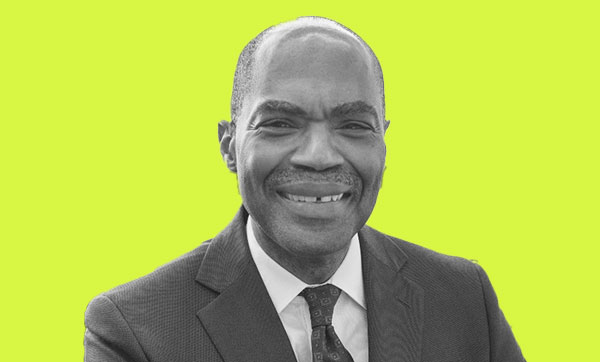Tackling Health Inequities by Prioritizing Children’s Health.
Dr. Kevin Churchwell is president and CEO of Boston Children's Hospital. Ahead of next week's public health conversation, The Next Normal, Children's Health, he talks with PHP about why it's so important to focus on children's health.

Tackling Health Inequities by Prioritizing Children’s Health
Kevin Churchwell is president and CEO of Boston Children’s Hospital. Ahead of next week’s public health conversation, The Next Normal, Children’s Health, he talks with PHP about why it’s so important to focus on children’s health.
When you look over a large crowd, the children often go unseen. This metaphor relates to Dr. Kevin Churchwell’s view of the current state of child health as the president and CEO of Boston Children’s Hospital. “In our country, adult health has continued to lead the fight, in terms of investment, research, public policy, et cetera. We’re shortchanging our future. There has to be a real importance put on children’s health.”
Although most people infected by Covid-19 are adults, the pandemic has brought greater attention to children’s health, especially child mental health. “We’ve had a Covid pandemic, but also a pandemic of behavioral health among our kids,” Churchwell explains. “The number of kids who are presenting with mental health issues, anxiety, depression, suicidal ideation, has exploded.” Prior to the pandemic, the staff at Boston Children’s Hospital would be concerned if 20 or 30 children presented to the emergency department for psychiatric evaluation. During the pandemic, that number rose to the 80’s.
Churchwell notes that the heightened mental health issues among children are likely due to shifting social factors. The increased stress adults experience due to the pandemic, like job insecurity, can project onto their children. “I think that it is an opportunity for us to rethink work and its impact on not just the individual, but the family.” Furthermore, social distancing measures can lead to feelings of isolation for children. Churchwell suggests that “We get our kids back to a new normal that allows them to go to school regularly, be part of activities, a part of that social fabric that is so important to them.”
When you take a closer look into the crowd, you may start to notice the youth standing nearest to you. But what about the children in the periphery, those pushed to the margins? Churchwell explains how the pandemic has unearthed inequities for children in marginalized communities, those with low socioeconomic status, or those populated by people of color. Churchwell highlights access to telehealth, an indispensable asset in administering health care during times of social distancing, and a likely permanent advancement to healthcare. “Telehealth only works if you have an Internet connection. It only works if you have broadband. Still, we have communities, our rural communities, our communities of color, that have limited access to these resources.” In addressing such inequities, Churchwell believes efforts have fallen short. He notes that we have “trickle-down solutions as opposed to a holistic solution for all of our kids, one that serves children no matter where they live, no matter their socioeconomic background.”
This pandemic has exposed weaknesses in our system of care, our support of children, and our support of school systems. Education offers particular opportunities, Churchwell notes. “We’ve recognized that one of the most important aspects of a child’s health is early childhood education. How can education evolve so that we’re able to intervene and support children earlier, so they have better health outcomes?” However, such support-based schooling will require a crucial requisite. “Vaccination allows kids to have positive social interactions. It also protects those around them, those that are much more susceptible to critical illness, adults, kids with disabilities, chronic illness. Vaccination is extremely important.”
Churchwell believes that Covid-19 will prepare us for future pandemics. “This pandemic continues to show that we have to invest in our kids and they need to be at the forefront of policymaking and program development.” Churchwell is certain that by prioritizing children’s health, we are taking a step towards equity, demonstrating that we are willing to care for the health of those who aren’t easily seen.
Churchwell will participate in The Next Normal: Children’s Health on Monday, Dec. 13, at 4:30 p.m. Register here.
Photo provided by Kevin Churchwell